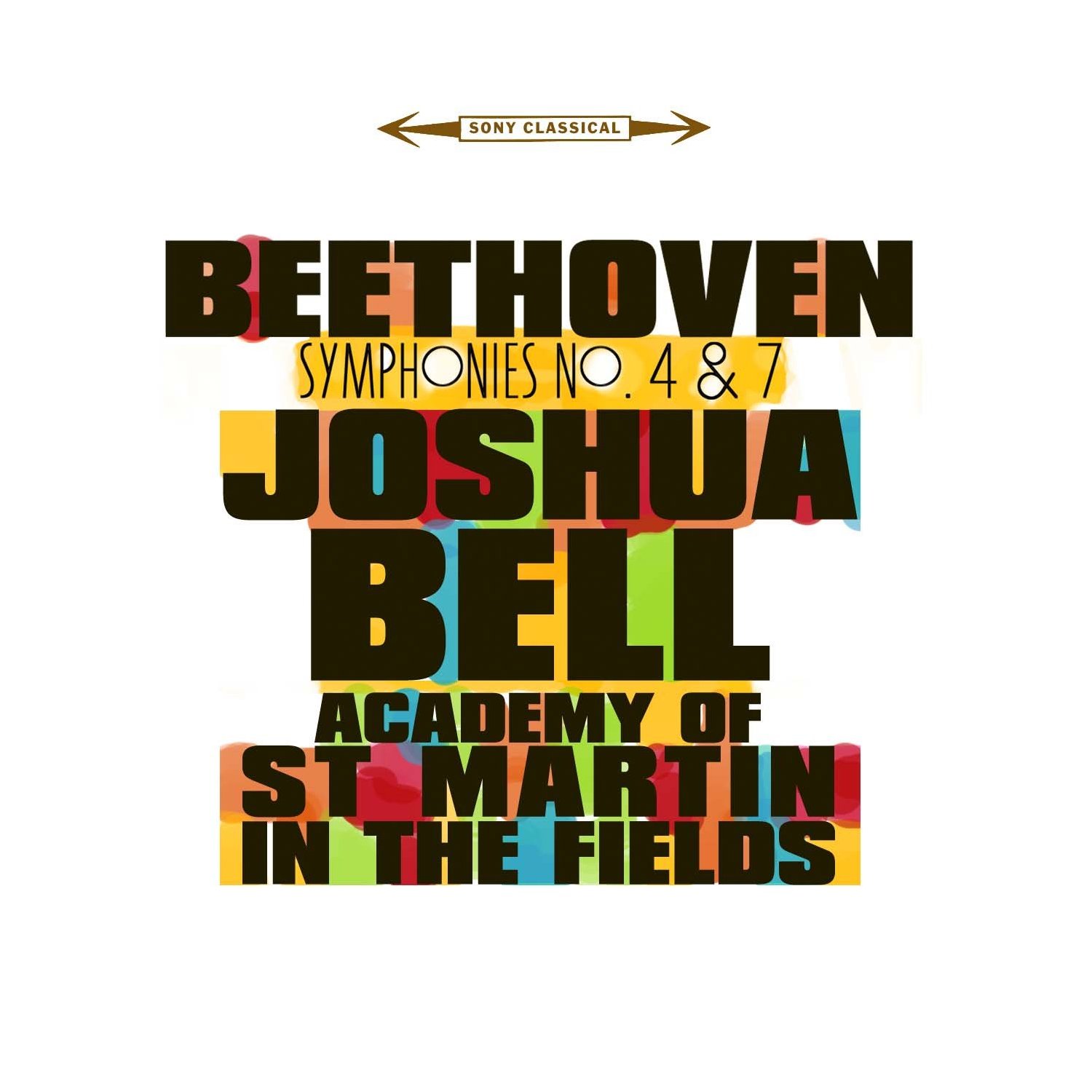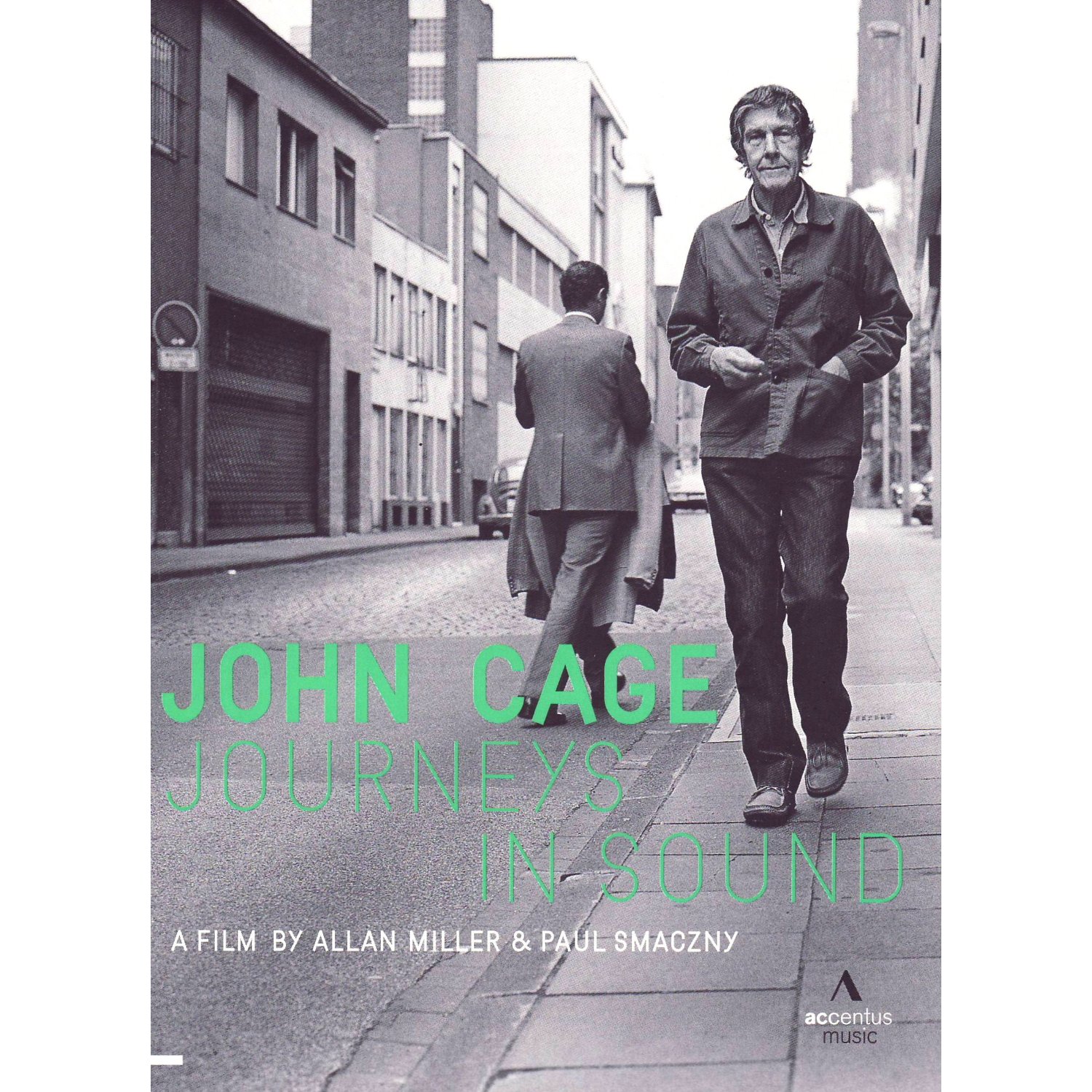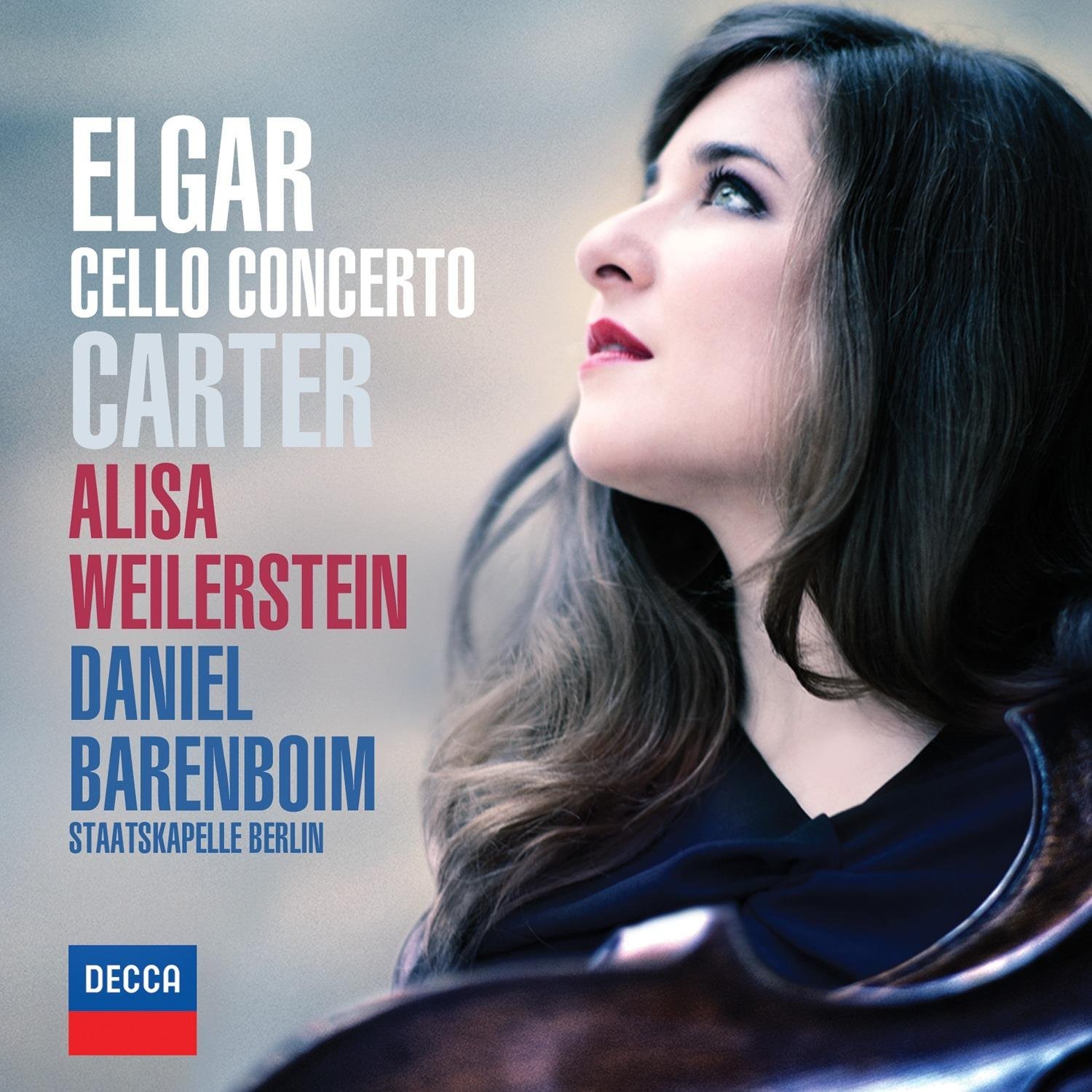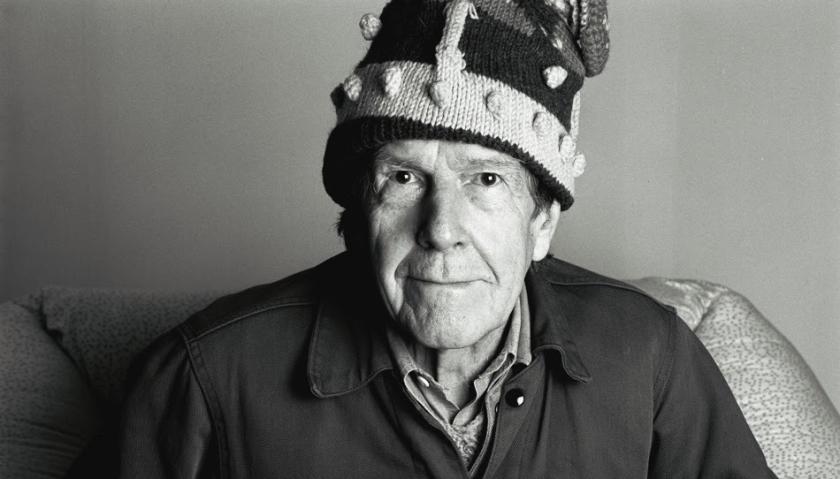
Nothing to shock here – no period timbres, no radical speeds and no indulgence. If you’re hoping for a sense of the epic, the self-consciously profound, you might want to look elsewhere. These classically-tinged Beethoven performances aren’t even part of an upcoming cycle. However, Joshua Bell, conducting and leading, delivers performances of sublime grace and wit. He gets so much right, such as the hushed anticipation at the start of No 4 and the disarming simplicity of the movement’s main material. Listen out for the oboe and bassoon duet at the start of the second subject. There’s never any suggestion of this orchestra going through the motions; sample the point halfway through the finale where Bell’s feather-light upper strings buzz away under slowly coalescing wind chords. It’s exquisite, and also very funny.
Bell’s Seventh is similarly fleet of foot, the dance-inflected sections skipping along in bucolic fashion. He plays the Allegretto dead straight; a solemn, vibrato-free interlude. Both scherzo and finale carry shockwaves. There are fewer shadows than you often find in this symphony, but you don’t miss them. Bright, treble-heavy sound suits the cast of these interpretations perfectly, and the retro sleeve design will raise a smile.

Allan Miller and Paul Smaczny’s film is an enchanting, concise documentary – calling it a warts-and-all portrayal isn’t possible, as John Cage is such a consistently benign, wart-free presence. We see him composing, editing a film with the aid of the I-Ching, foraging for mushrooms and cooking. He’s the sort of bloke you wish you could have embraced before inviting him to your next macrobiotic dinner party. The question of how seriously to take Cage is addressed. Musician Chaim Tennenbaum suggests that Cage was more performance artist than composer, one whose creations make you consider the nature of music without standing up as works in their own right. And when you watch an unintentionally hilarious clip of Cage earnestly singing complete gobbledegook to an awestruck John Lennon, you’re tempted to agree. But then we see violinist Irvine Arditti performing a solo piece of staggering complexity, a few seconds of which would be enough to convince anyone that this music is the real deal
Humour is never far away – when composer Steffen Schleiermacher performs Cage’s Water Music, the audience responds with stony-faced bemusement. Not the reaction you’d have imagined that Cage would have wanted. There’s a wonderful clip of a smarmy 1950s game show host introducing the composer’s performance of the same work. “Inevitably, some of the audience are gonna laugh.” Cage beams, serenely replying “laughter is better than tears.” Cage’s publisher describes how popular he’s become, showing us the blank score of the infamous 4’33”. We learn that Cage’s prepared piano was originally a hastily devised stopgap, used in the absence of a percussion ensemble. Artist William Anastasi shows how he uses Cage’s chance procedures in his own work. The results are impressive, unlike his drawings scribbled blindfold in the back of a taxi. Soprano Julia Henning sings Aria in a public park. Bonus features include an extended interview with the composer, and complete performances of several Cage pieces.
Watch John Cage perform Water Walk on the game show I've Got A Secret:

Hurrah. Another new recording of Elgar’s Cello Concerto isn’t what the world really needs, but this one is coupled with Elliott Carter’s 2001 concerto. You hope that unwary listeners will forget to switch off after the fourth track. Carter’s piece is a grower, and it's best to take each movement’s subtitle with a hefty pinch of salt and enjoy. The opening Drammatico’s brutal orchestral outbursts suggest that the poor soloist is being violently assaulted, but a more equal relationship begins to assert itself. Carter’s Giocoso isn’t exactly a laughter-fest, but it bristles with insidiously attractive percussion writing. And the central Lento will convince anyone that this thorniest of modernists could write a seductive tune. Alisa Weilerstein’s performance is brilliantly assured, convincingly accompanied by Daniel Barenboim's Berlin orchestra.
Weilerstein’s Elgar is refreshingly free of maudlin sentiment. The bleakness is kept in check, allowing the work’s structure to register more effectively. The long recitative which opens the finale is compelling and Barenboim injects the requisite swagger into the movement’s main material, so that the reprise of the Adagio’s theme consequently feels more intrusive, more painful. Excellent, in other words, and there’s an unexpected bonus in the form of Bruch’s Kol Nidrei.














Add comment